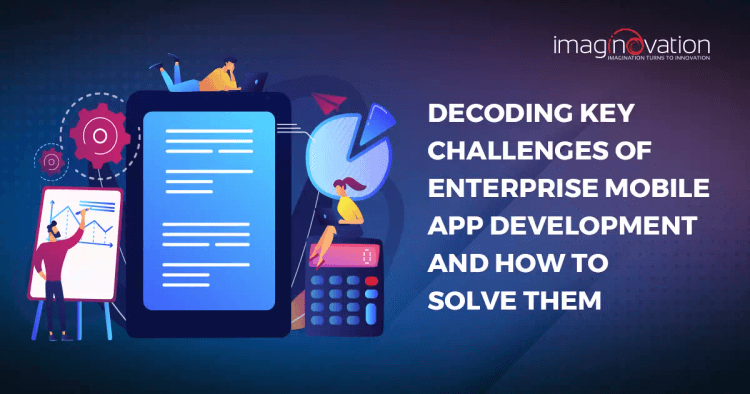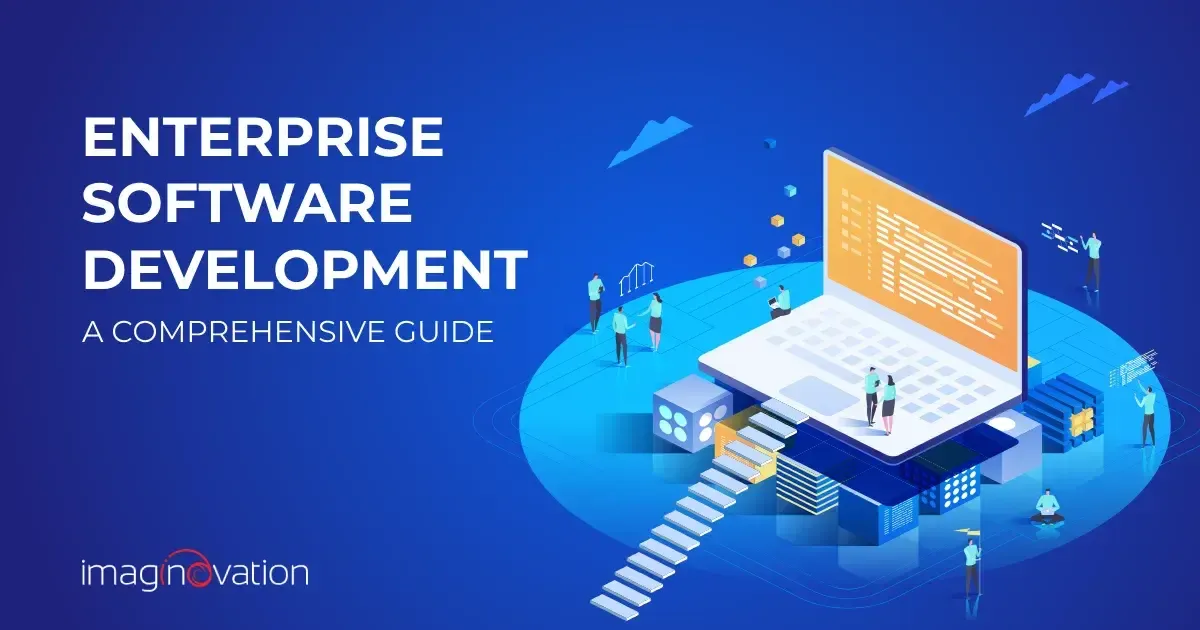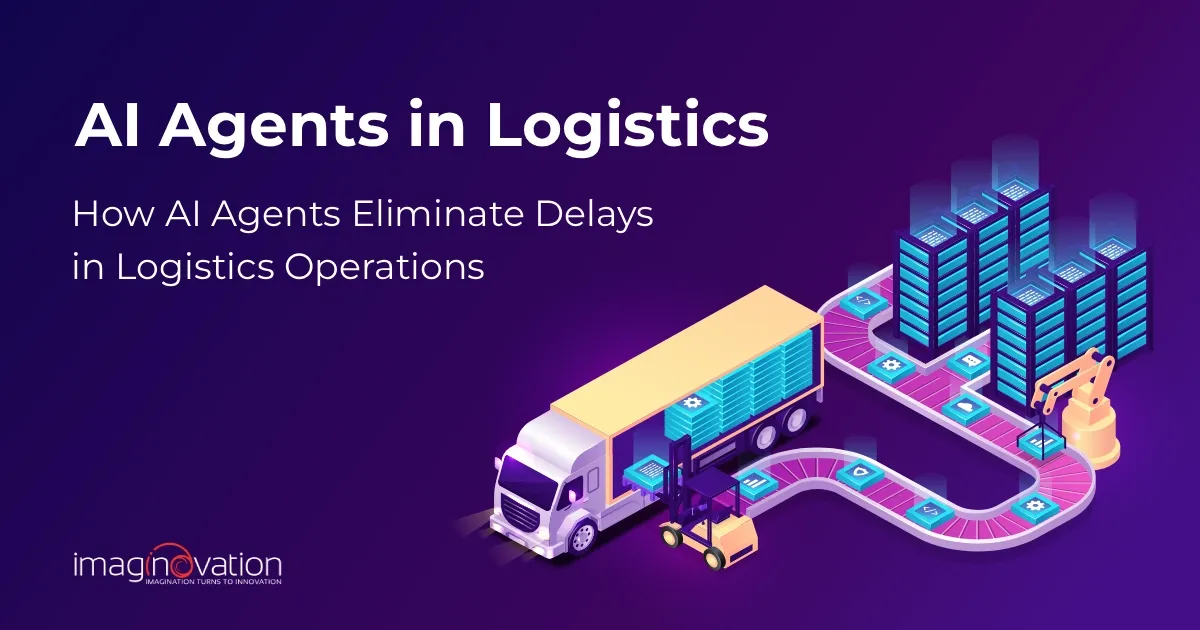To estimate the cost of building a website or an app, use our app cost calculator tool.
Mobile applications are an everlasting trend in the business world. With global mobile app revenues touching $365 billion by 2023, more companies are switching to enterprise mobile app development.
These enterprise mobile applications help C-suite executives improve customer experience, streamline internal business workflows, and boost employee productivity.
However, developing an enterprise mobile app comes with its own set of challenges. In this blog post, we'll explore the key challenges that need to be addressed to achieve success in enterprise mobile app development.
Let’s get started!
Why Should Modern Businesses Invest in Enterprise App Development?
Enterprise mobile apps help you attain maximum operational efficiency and boost your ROI. How?
1. Improved Data Management
Data is always the core of any organization. It’s a new currency, and there’s a need for efficient data management.
With an enterprise mobile app, businesses can efficiently collect, process, verify and analyze the data.
Having an app can make a big difference when it comes to the overall efficiency of the business.
2. Transaction Control and Payment Features
Those involved with e-Commerce Payment Systems, especially retailers and other enterprises, will find this valuable.
With a mobile app focused on transactions, it can help improve money management. Plus, it will help with payment deadlines and set notifications on the essential parameters for your business.
3. Eliminating Paperwork and the Human Factor
With the new digital era, it’s always great to focus on reducing paperwork.
How?
Yes, you’re right! Automating tasks can lead to finding more time to focus on strategic goals and resolving other pain points.
4. Enhanced Supply Chain Control
Yet another great way to improve enterprise optimization is to consider leveraging an app for supply chain purposes.
With an app, C-suite executives can improve the planning, delivery, and management of transportation in your organization.
It will help with better control and monitoring. Plus, it can open avenues to save money.
5. Facilitates Client Support
With apps in place, it can easily support 24/7 basic client inquiries. So, this frees experts to look after complex tasks.
In fact, for those who wish to add an extra security layer, you can add innovations like Fraud Detection with Machine Learning, which can prevent security issues.
Key Challenges of Enterprise Mobile App Development
It is critical to understand the challenges you may face during the various development stages of enterprise mobile apps.
Why?
Once you can decode the root causes of the pressing challenges, it is easier to solve them. Let’s check them out.
1. Rapidly Changing Business Landscape
We are living in an increasingly dynamic business landscape. So, one of the shifts that business entrepreneurs have to deal with is the constant changes in the global business ecosystem.
Disruptive changes can be experienced both in technical transformations and some in economic forms.
Plus, entrepreneurs may find themselves amidst new workflows and business requirements that come up frequently, which makes it difficult for the developers.
With rapid changes, it will keep both the C-suite executives and the entire development team on their toes for curating a modular architecture that can face numerous changes.
2. Security
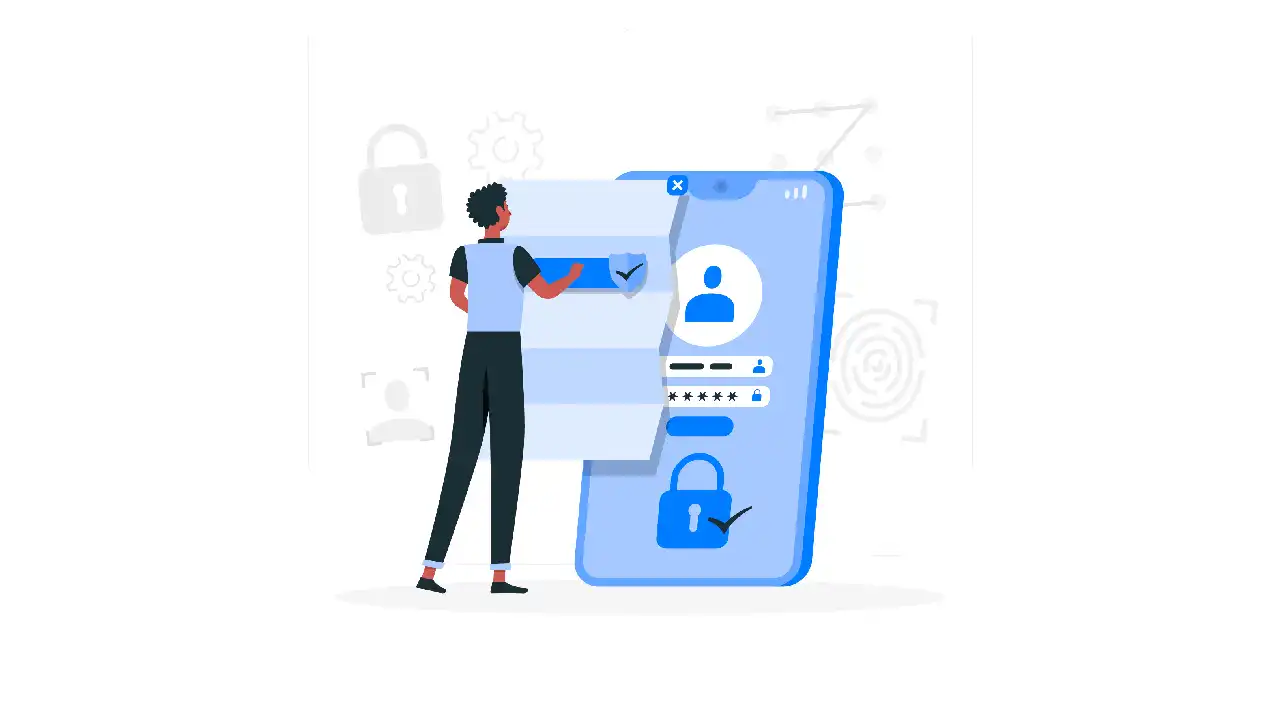
Enterprise apps include many crucial business data, and business entrepreneurs need to be extra cautious about security and stay vigilant against cyberattacks.
Furthermore, the issue of security has become more acute with the increase of the bring your own device (BYOD) concept.
On the upside, the implementation of BYOD reduces the cost of office equipment. However, on the downside, the devices may add to security risks.
Here are some significant facts when it comes to employees using their own devices.
- A study by Poppulo highlights that 41% of employees are unsatisfied with the tools their companies provide them with.
- According to a Cisco survey, 78% of U.S. employees (white-collared) use their mobile devices for work purposes. Moreover, employees are increasingly willing to invest in their own devices to improve their work experience.
The facts highlight that it would make it easier to support increased mobility. So, implementing an enterprise mobile app can ease the control processes.
However, when introducing the mobile approach, entrepreneurs need to think of reducing the security risks. One can use MDM (mobile device management system) and MAM (mobile application management system).
The mobile device management software supports security departments and corporate IT to work out unified management of all mobile devices, including employees’ personal devices.
In this context, some popular software programs include:
- Microsoft Enterprise Mobility + Security
- SOTI MobiControl
- ManageEngine Mobile Device Manager Plus
3. Authentication and Encryption
Most organizations are increasingly encouraging the use of BYOD for enterprise mobile apps. With the growing use, it increases the challenge of placing a highly secure and private authentication process.
Now, picture having a username and password that can be easily hacked.
You’re right; that would be disastrous! In such cases, the authentication can be compromised.
It is significant for enterprises to think of two-factor or multi-factor authentication, as it can help avert data and app breaches.
Yet, another challenge is keeping sensitive data on smartphones protected. Encryption can be a solution as the data can be saved from the data lost when devices are lost or compromised.
4. Big Data
Big data in enterprise mobility is another upcoming area in which you can expect to face challenges. Many enterprises are looking forward to considering big data for their enterprise mobile apps.
In this context, the collection, storage, and processing of vast amounts of unstructured data require considerable resources and effort from the company’s IT department.
Here corporates can utilize big data to make critical business decisions. When they connect big data processing algorithms to corporate mobile apps, the company can offer its employees valuable information and insights that facilitate business decision-making.
What’s the fundamental challenge? Here, planning the app environment that can manage big data efficiently is a crucial step and can become a massive challenge if not planned and implemented well.
5. API Strategy
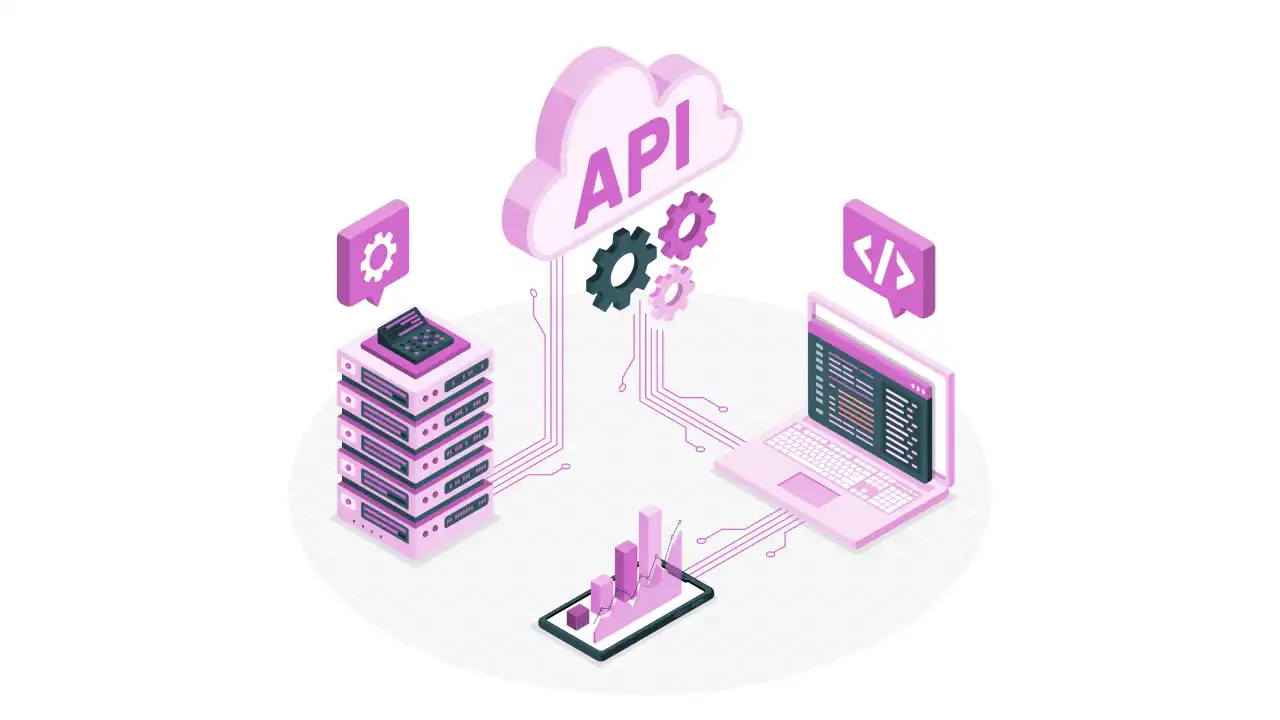
Developers face another challenge in creating an API strategy. With most business functions invoking specific actions, it’s unnecessary to build every functionality from scratch when developing a mobile app.
Here, APIs can come in handy. However, the challenge is having an API strategy that’s apt in the app planning.
Enterprises need to evaluate their current APIs to find out whether they have the capabilities to fulfill the requirements of the app.
In a few cases, these services may not be adequate. So, existing APIs need to be modified, or developers may need to create new ones. In some cases, the services may not exist at all, so it means that APIs need to be made from scratch.
An API strategy will be an integral part of the functioning of your product, so understanding the pain points can help resolve them effectively.
6. App Scalability to Artificial Intelligence (AI) and Machine Learning (ML)
It’s always great to have a forward-thinking mobile app. So, having enterprise mobility solutions where scalability towards emerging technologies is planned can be a bonus.
What are some emerging technologies to consider?
One should look at current trending technologies such as AI, ML, Augmented Reality (AR), Virtual Reality (VR), and more. With technology-enabled apps in the market, the next step will be when they become a go-to process for processing and executing tasks.
What’s the challenge?
The one-word answer is scalability. When developing enterprise mobile apps, they need to be scalable enough to include emerging technologies for the betterment of the enterprises.
Also Read: How Long Should It Really Take to Develop Your Mobile App?
How to Solve These Challenges?
The best part of collating or deep diving into enterprise mobile app development challenges is that you and your team can draw the best solutions to resolve them.
In that light, every challenge is an opportunity. And one must make the most of it by turning them into winning solutions. So, here are ways how you can overcome the key challenges.
1. Accessible Solutions

One way to start with is to have accessibility at the core of your solutions. So, start with curating a large enterprise solution that is accessible to the entire organization.
Next, give a thought to the tasks that need to be accessed by the employees from their mobile devices.
Once you have the task list ready, you can create small enterprise mobile apps based on those tasks.
The solution should securely store data at the backend of the larger organization and send the data back and forth when requested by your staff.
A great benefit of these small employee-facing mobile apps is that they become easy to secure, manage, and maintain.
So, if you choose to upgrade the features of the enterprise mobile app with emerging technologies, it would be easy to incorporate them.
2. Introduce Application Vulnerability Tests
With security as a growing concern, it is pertinent to introduce periodical application vulnerability tests that can help to check whether the application, backend services, and servers are secure.
Any potential threats can be addressed effectively. Plus, it will help ensure that user permissions and user information privacy protection can be set as a priority in Enterprise App Development.
3. Transition Toward the Mobile Platform
With the enterprise mobility market growing, make sure that you ensure that the application has a user-friendly interface.
The UI is vital to offering an excellent user experience, which will keep the users satisfied with the app's usage.
4. Getting Ready for Big Data
Global enterprises comprise a large volume of wealth data, and they need to find effective ways of managing this colossal data.
So, enterprises must find ways of moving inactive data to Big Data platforms. Plus, they need to look at offering storage, security, and maintenance.
It is also necessary for them to decide whether the Big Data application will be cloud-based or on-premise.
5. Choose a Proficient Enterprise App Solution Provider
It’s good to put your best foot forward when developing a robust and scalable enterprise mobile app.
If you feel you aren’t sure where to begin, you can always choose to partner with a proficient enterprise app solution provider, such as Imaginovation.
Your partner can walk you through the entire app creation journey. Alternatively, those who have an experienced team in-house can develop it with an excellent team of designers, developers, testers, and managers.
Plus, there is an option to outsource the app development. Make your decision based on how you can have a sustainable solution that can help your business grow and drive ROI.
Wrapping Up
Big enterprises are constantly on the lookout to optimize time and resource usage. That’s why an enterprise mobile application can help save a lot of time and valuable resources.
As this is a relatively new territory, employee-facing enterprise apps pose several challenges.
However, it’s essential to trailblaze and come up with robust and sustainable solutions with enterprise mobile app development.
The winning solutions can pave the way ahead for many other enterprises and ensure you a competitive advantage.
What’s more?
Your mobile app can increase your business productivity, improve processes, and boost ROI. It’s time you start realizing the importance of enterprise app development and work towards developing a game-changing app.
Partner with Imaginovation for Your Next Enterprise Mobile App Development
Do you want to invest in robust enterprise mobile application development? Don’t hesitate to talk to us if you wish to design and develop secure and futuristic enterprise mobile apps.
We are an award-winning web and mobile app development company in Raleigh with incredible experience, and we can help you build highly functional and secure enterprise solutions.
Let's Talk





